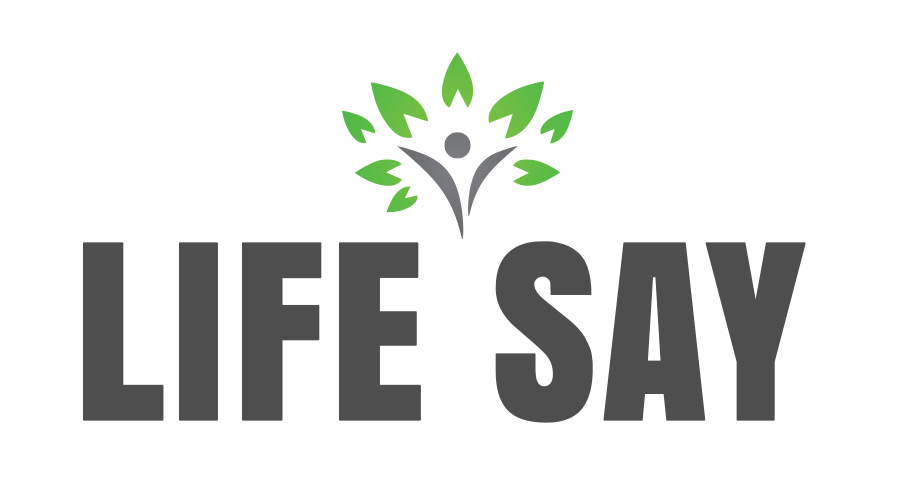Are you ready to get a new vehicle? Like many others, you may wonder whether you should purchase a vehicle or lease one. With auto prices and interest rates rising, the appeal of leasing grows. However, you should know the pros and cons of both options before making your decision.
Leasing a Vehicle
These are the pros and cons of leasing a vehicle.
Pros
When you lease, you get to drive a brand-new vehicle for lower monthly payments than you would have on a loan. You can also drive vehicles you may not have had the money for if you had to purchase them. For example, you can look for a new Volkswagen for sale or lease. It may be better equipped and have the most up-to-date safety features.
The manufacturer’s warranty also covers any major repairs, and your lease may cover some scheduled maintenance. Because you drop the car off at the end of your lease term, you don’t have to concern yourself with the trade-in value either. In addition, you may experience tax benefits if you own a business because the lease payment can become a deductible business expense.
Cons
Unlike purchased vehicles, leased vehicles have several restrictions. First, you have a limited number of miles you can drive during the lease period and may have to pay up to $.50 per mile over the limit. You also cannot typically modify or change the vehicle, and the leasing company may charge you for excessive wear and tear, such as upholstery stains or dents.
Although you pay lower monthly payments, you pay more for the vehicle. In addition, after your lease is over, you either have to purchase or lease another vehicle, extending your payments.
Finally, once you sign your lease, you are committed. You cannot get out of it without costly termination fees, possibly the total amount of the lease, that you have to pay as soon as you terminate your contract.
Buying a Vehicle
These are the pros and cons of purchasing over leasing a vehicle.
Pros
At the end of your loan period, you own your vehicle. It is your asset and you likely won’t have to make another payment on it. You can trade in or sell your vehicle at any point as long as you can pay off your loan.
You can also customize or change your vehicle as much as you like. Although you may impact your resale value, you can put as much mileage and wear and tear on your vehicle as you want.
Cons
If you choose a long-term loan, you can get into a position where your vehicle is worth less than your loan value, making it challenging to get rid of your vehicle for what you owe. Despite the length of your loan, you will likely pay higher monthly payments than your lease.
You are responsible for selling or trading your vehicle in when you no longer want it. In addition, your car depreciates over the years, especially during the first few years you own it. Therefore, you will sell it for much less than you paid.
Lease or Finance?
Do your due diligence and compare all the advantages and disadvantages, and review your financial position before you choose to purchase or lease your new vehicle.


